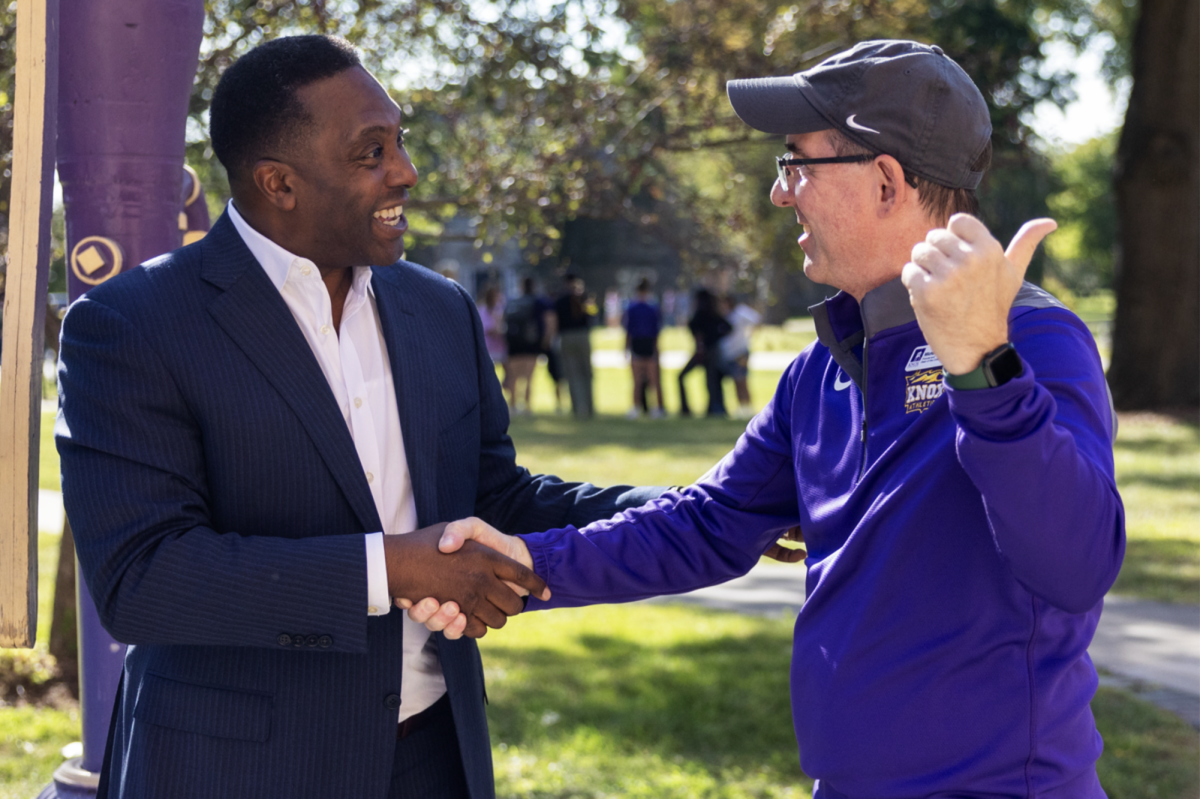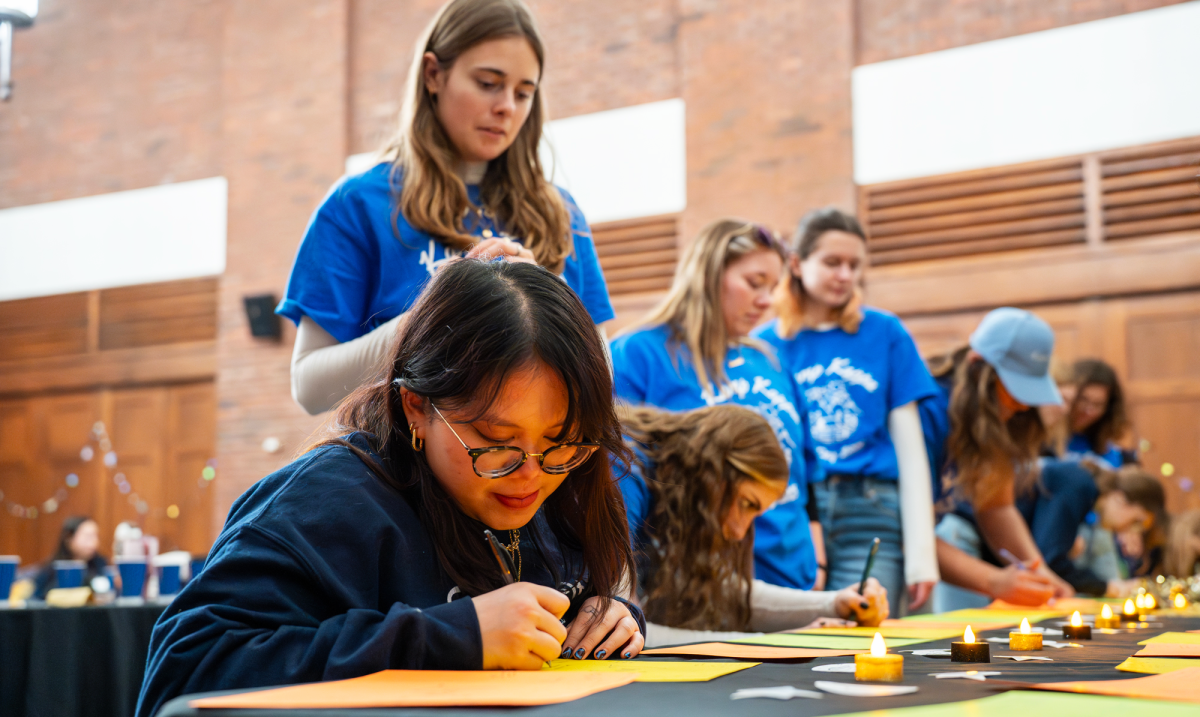According to the American Psychological Association, more than 60% of college students across 373 campuses nationwide met the criteria for at least one mental health problem in the 2020-2021 school year.
On October 7th, Counseling Services held a mental health screening event, offering a free and anonymous way for students to access resources and discuss treatment options.
Students were first given a form consisting of yes and no questions, broken down into four sections: “Depression, mood disorders, anxieties, and suicidal ideations,” according to Counselor and Assistant Dean of Student Health and Wellness, Jeanine Fox.
“We evaluate those yes and no answers based on a scaling process that is associated, so it is an empirically validated assessment form,” Fox said.
After filling out the initial form, students were also given the option of filling out an assessment for eating disorders and substance abuse concerns, which were optional as they can seem daunting to students, making them not want to seek counseling services overall.
“Odds are if you are doing any one of the other four assessments: depression, anxiety, mood disorders, or suicidal ideations, we’re going to notice if there’s any leaning towards substance abuse or leaning towards eating disorders. These two things are generally what we call dual diagnosis,” Fox said.
After completing the necessary forms, students then met with a counselor one-on-one to discuss their answers more in-depth and possible next steps.
“We want to know why did you answer some of the questions the way you did if it felt concerning, and then we want to know what brought you here. More often than not, it’s not the assessment that brought you here, it’s just a nice foot in the door,” Fox said.
Additionally, Fox explained the importance of making the screenings walk-ins instead of requiring students to set up appointments.
“This kind of reduces a little bit of that feeling of being overwhelmed […] That’s one of the reasons we do mental health assessment days, to kind of destigmatize and maybe deescalate how people are kind of feeling about what it is to go to counseling,” Fox said.
Fox also expressed how beneficial these screenings can be for college students especially.
“Historically, the generation above us has a different level of stigma related to mental health. Depending on where we come from; what culture, ethnicity, there’s a lot of different factors that indicate whether or not mental health was talked about in the home, and whether or not you did talk about it and you were heard,” Fox said.
Scientifically, Fox explained that if students start talking about mental health now when their brains are going through more development, it can prevent possible mental health issues from developing in the future, as well as prevent possible substance abuse issues, dropping out of school, or turning to criminal behavior.
Although these screenings aren’t always provided, there are still easily available ways students can reach out for help and start talking about their mental health. This includes sending an email to Counseling Services, which only goes to the counselors and Counseling Services Administrative Assistant, Vicki Swedlund. Everything is bound by confidentiality.
If students don’t want to talk to someone directly, or someone that they know, they can also be referred to TimelyCare, a platform that provides 24/7 resources from people not directly associated with Knox College.
Finally, if students want something totally off campus, there are also resources in the general community, which are generally affordable to students.
Sources:
Abrams, Z. (2022, October 1). Student Mental Health is in crisis. Campuses are Rethinking Their Approach. American Psychological Association; American Psychological Association. https://www.apa.org/monitor/2022/10/mental-health-campus-care










Eleanor Lindenmayer • Nov 18, 2024 at 5:14 am
this is cool! good quotes